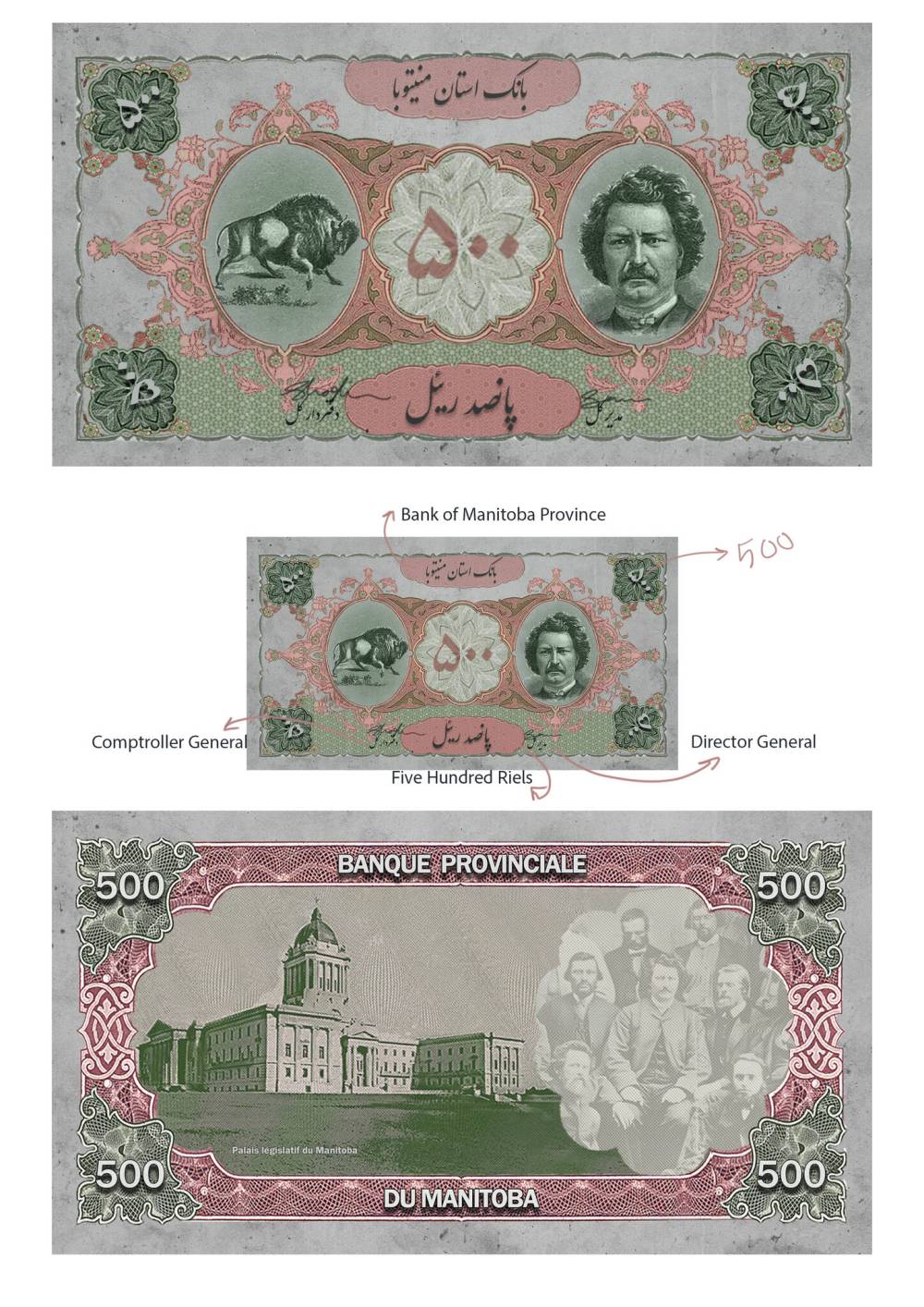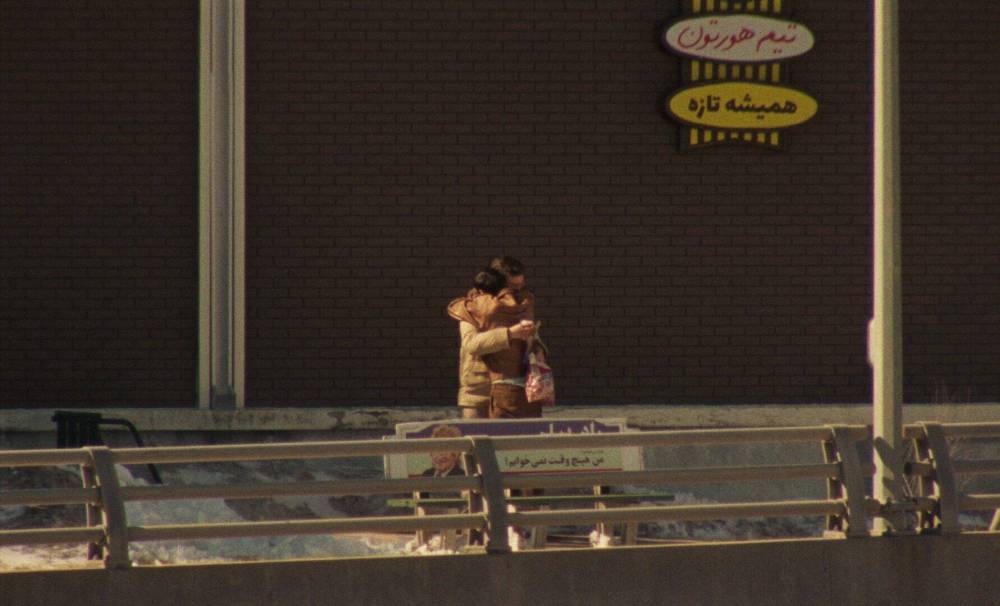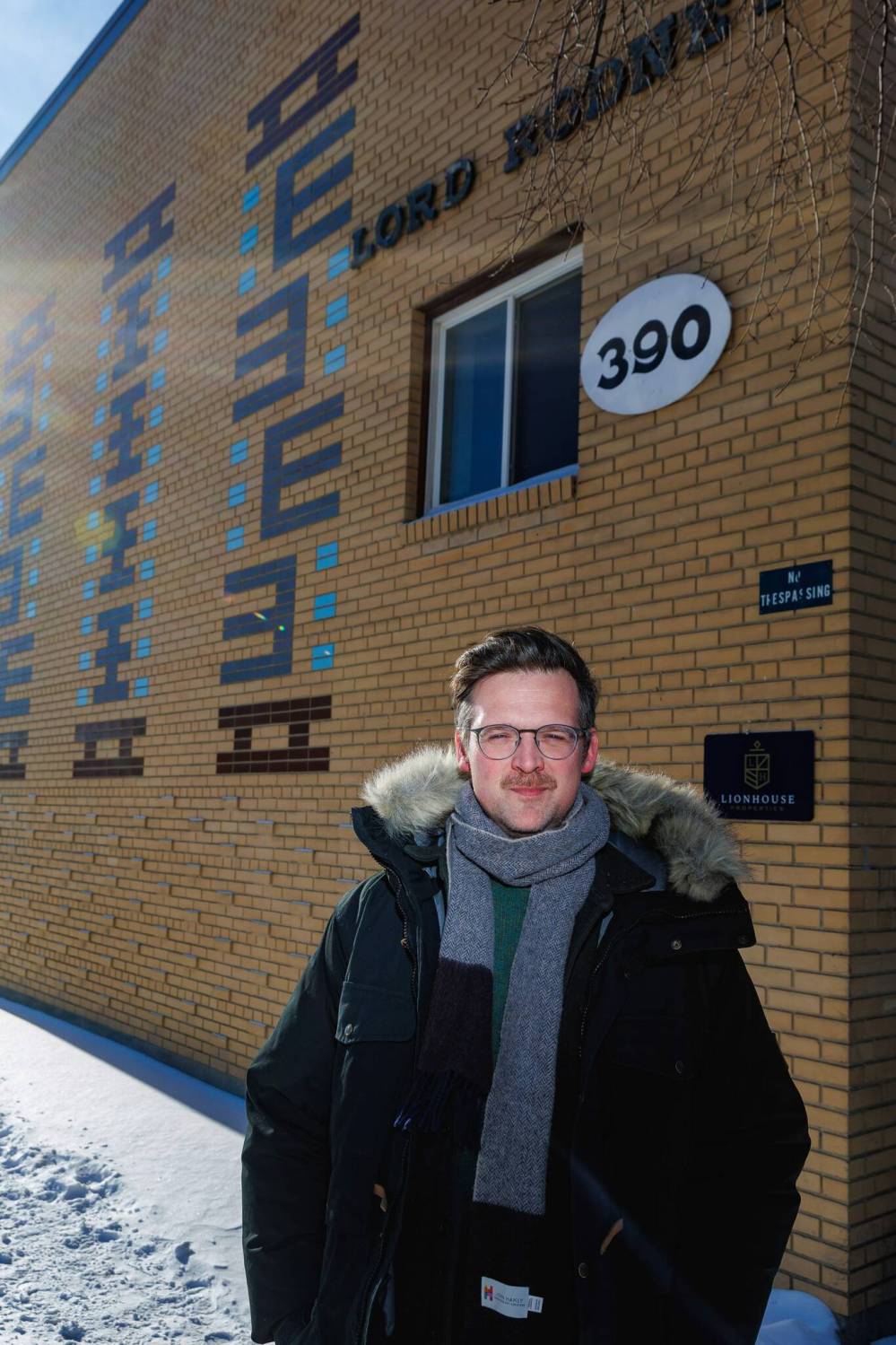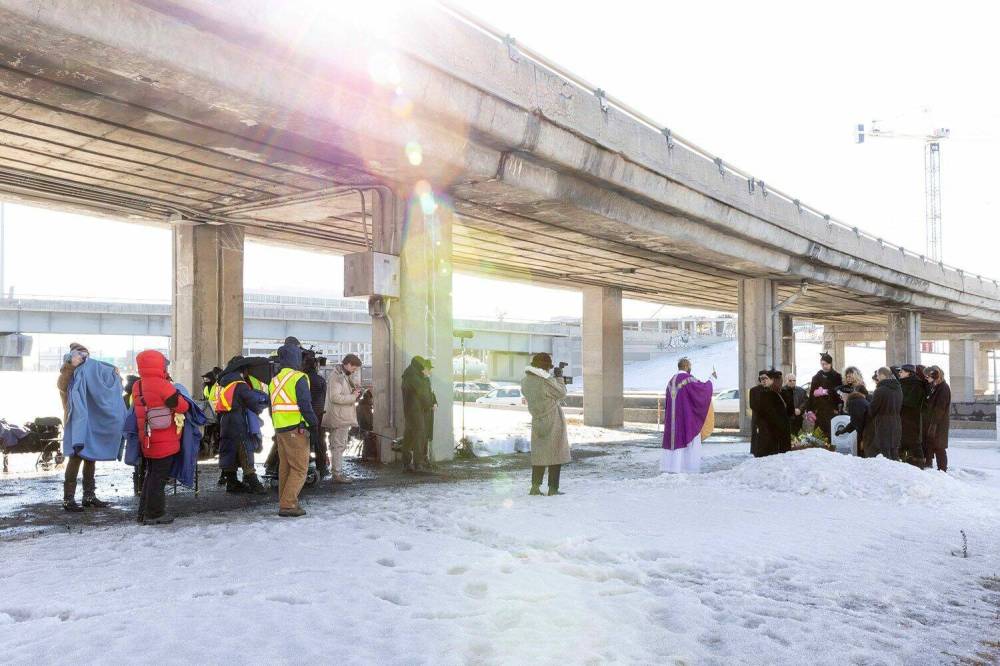Universal Winnipeg Acclaimed film Universal Language coloured by filmmaker Matthew Rankin’s hometown experiences, obsessions
Read this article for free:
or
Already have an account? Log in here »
To continue reading, please subscribe:
Monthly Digital Subscription
$1 per week for 24 weeks*
- Enjoy unlimited reading on winnipegfreepress.com
- Read the E-Edition, our digital replica newspaper
- Access News Break, our award-winning app
- Play interactive puzzles
*Billed as $4.00 plus GST every four weeks. After 24 weeks, price increases to the regular rate of $19.95 plus GST every four weeks. Offer available to new and qualified returning subscribers only. Cancel any time.
Monthly Digital Subscription
$4.99/week*
- Enjoy unlimited reading on winnipegfreepress.com
- Read the E-Edition, our digital replica newspaper
- Access News Break, our award-winning app
- Play interactive puzzles
*Billed as $19.95 plus GST every four weeks. Cancel any time.
To continue reading, please subscribe:
Add Free Press access to your Brandon Sun subscription for only an additional
$1 for the first 4 weeks*
*Your next subscription payment will increase by $1.00 and you will be charged $16.99 plus GST for four weeks. After four weeks, your payment will increase to $23.99 plus GST every four weeks.
Read unlimited articles for free today:
or
Already have an account? Log in here »
Hey there, time traveller!
This article was published 24/01/2025 (379 days ago), so information in it may no longer be current.
Matthew Rankin walked into a downtown Tim Hortons franchise Wednesday, waiting patiently to order his double-double as the crew behind the counter serviced the midday rush at the two-station drive-thru.
In true Winnipeg fashion, one lane was closed.
There are no indications of a forthcoming Timmies outpost in Tehran, so as a meeting place for the characters in their acclaimed new film Universal Language, director Rankin and co-writers Ila Firouzabadi and Pirouz Nemati dreamed one up instead: a candlelit tea room where old men discuss elusive turkeys in Farsi over the hiss of a samovar.
The currency in Universal Language bears the face of Louis Riel.
When those men order their double-doubles, they receive two hand-poured glasses of black coffee, and they pay for it with currency bearing the face of Louis Riel.
On Wednesday, Rankin’s beverage was what he’d come to expect, and he paid for it with a crisp Wilfrid Laurier.
“Our movie is all about a process of defamiliarization, which should create a new familiarity,” he said.
Released in Winnipeg on Thursday, the same day it narrowly missed an Academy Award nomination for best international film, Universal Language is a warmly rendered reflection of identifiable landscapes tilted askew.
As a surrealist tourist campaign, it presents the city where Rankin was born and raised as a frozen everyland where gamefowl roam free, 10-gallon-hatted pitchmen pervade the airwaves and spiky-haired real estate agents refuse to sleep.
“Winnipeg is a place that continues to exert great pressure on me,” says Rankin, 44, who now lives in Montreal, where the bilingual (French and Farsi) film was shot whenever it wasn’t photographed in Winnipeg.
“Mordecai Richler had this great line about how he moved back to Canada to reconnect with the source of his discontent, so I always want to return to Winnipeg to renew my neurotic affiliations with the city.”
More than any feature film since Guy Maddin’s My Winnipeg, Universal Language toys with the fallibility of civic memory and international disregard, positioning Winnipeg as both setup and punchline to an absurd joke it writes itself.
OSCILLOSCOPE LABORATORIES PHOTO Symbols of Canadiana, such as Tim Hortons, are reimagined in Universal Language. 
“Any movie that takes place in New York will have a joke about New Jersey, and growing up, that might have gone over my head, but I still understood it as an object of condescension. But if you watch a movie in New York City and the Jersey joke gets dispatched, New Yorkers love it. They show up for that Jersey joke in a big way,” he says.
In Universal Language, Rankin’s Winnipeg is an in-between city, an artist’s reconsideration of the imperfect, impermanent places that first gave his creative spirit a form.
The film’s lyrical narrative tints Rankin’s own personal lore with detached recognizability. In the opening scene, a teacher trudges through white snow toward a Farsified version of Robert H. Smith School, where Rankin experienced “the first great traumatism of my time.”
Like one of his characters, Rankin — who plays a fictionalized version of his adult self in the film — really did dress up as Groucho Marx for school, wearing a pushbroom moustache and holding a fake cigar.
“My teachers really hated me. A whole fleet of child psychologists were hired to beat this impulse out of me. Still, I spent most of Grade 3 alone in the supply closet dressed as Groucho,” he says.
The film’s schoolhouse sequences are loving homages to Iranian filmmaker Abbas Kiarostami’s children’s films; they’re the first indication that Universal Language is anything but snide in its treatment of its characters’ aspirations.
Shortly after the bell rings, two sisters uncover a 500-Riel bill frozen under the river’s surface, which kicks off a course of retrieval.
“That story is based on one my grandmother told me to describe her life in the Depression,” he says.
The apocryphal tale reminded him of hallmarks of Iran’s Kanoon Institute, whose films “are always about children facing adult dilemmas and negotiating an adult world.”
“As absurd as that is, there’s a real idealistic longing to connect and to create a proximity between spaces that typically would be imagined as far apart.”–Matthew Rankin
“That was very touching to me, that there was this echo between my grandmother, who always lived in Winnipeg, and these Iranian films made on the other side of the world,” says Rankin, who travelled to Iran at 21 years old to visit a film school he discovered had already been shuttered upon his arrival in Tehran, where he remained for three months.
“This was something that enchanted my collaborators Ila Firouzabadi and Pirouz Nemati, the idea of putting these two worlds together into a lobster telephone,” he says of the film, set in a metropolis resembling both Winnipeg and Tehran.
“As absurd as that is, there’s a real idealistic longing to connect and to create a proximity between spaces that typically would be imagined as far apart.”
Though his past film work, including the Winnipeg Jets treatise Death by Popcorn and the alt-historical Twentieth Century, could be similarly categorized, Universal Language is Rankin’s boldest and most vulnerable attempt in his career to confront the impressionist archive of his passionate, shifting nostalgia.
Rankin was in Berlin when his mother died in March 2020. He returned home to settle her estate, preparing his childhood home in River Heights for sale in the days of the first COVID lockdown.
“The people who bought it immediately tore it down and built something else,” he says.
Rankin found himself negotiating old, new terrain.
“Alone and wandering through very familiar streets, I found myself lost in them,” he recalls.
“In a lot of ways, the movie did emerge out of a reckoning with the emotional repercussions of the solitude I associate with that period of time.”
Matthew Rankin featured the Lord Rodney Apartments on Sherbrook Street in his film, Universal Language.

It also emerged from the environment Rankin was witnessing through refreshed, grief-stricken and subtly optimistic eyes. In Universal Language, the city is divided into colourimetric regions, such as the Beige or Grey districts — areas whose names imply forgetability. But Rankin is a loud advocate of muted tones.
“I’ve long been amazed by Winnipeg’s beige structures,” he says, shortly after stopping at the Lord Rodney, a Sherbrook Street apartment block that’s completely non-descript aside from its brickwork fresco.
“They’ve all been given these very grandiose identities — the Lord Rodney, the Lady Adele, the Lord Hart Manor — but the spaces themselves are completely utilitarian and absolutely failed to provide the grandiosity their identities would suggest.
“There’s something to me about the fall from the sublime to the ridiculous and the divine to the banal that I find very funny, and also very Winnipeg. Winnipeg gets on its high horse and is immediately shot right off of it. I come from a Winnipeg that’s very defiant of all North American mainstream, and I find that that’s true of Winnipeg art in general, but there’s this other Winnipeg that really, really wants to integrate.
“That’s the contrast between Guy Maddin and the Hallmark movement. They’re both expressions of Winnipeg, but very different Winnipegs, and I find that tension really exciting.”
But the filmmaker can relate to the film’s character Massoud (played by Nemati), an enthusiastic tour guide whom Rankin imbued with his late father’s admiration for Winnipeg’s “unrelentingly unloved spaces,” such as spiralling parkades, dormant mall fountains and freeway graveyards.
MARYSE BOYCE PHOTO Universal Language was filmed in locally recognizable, but otherwise mundane locations around Winnipeg.
Rankin insists Universal Language — a notably colourful film — wouldn’t look as bright without the gradient of beige apartment buildings such as the Lord Rodney as reflective surfaces.
“I’m not sure which conglomerate controls these buildings, but a lot of them are being painted either grey or black, and I feel that’s such a terrible mistake. There’s a real genius to these buildings being beige, something so beautiful about the way they catch the sun,” he says.
“One thing I love about Winnipeg as a filmmaker is the light. There’s nothing like it. And in the wintertime these beige structures become glowing orbs of warmth. We tried as best as we could to film these beige buildings with the same loving devotion that Terrence Malick films a sunset.”
Rankin never lived in the Lord Rodney — as Massoud notes in the film, nobody notable ever did. But the building now occupies distinct territory in the history of Winnipeg’s filmography, having been seen by audiences everywhere from St. Boniface to Cannes to Tehran, where Rankin’s film had its first “hometown” screening in December.
“I’ve been trying always to document the buildings that fascinate me,” says Rankin, one day before Universal Language premièred in Winnipeg to a sold-out crowd.
“My sincere hope is that the Lord Rodney will become a tourist destination.”
Civic icons aplenty
A reference to a 1970s Winnipeg mayoral contest in Universal Language.
In Universal Language, the absurd tour of inane Winnipeg history winds up at a bench where a briefcase hasn’t moved since being placed there in 1978. On the bench is an ad for the mayoral campaign of Bill Norrie, who lost by a razor-thin margin to Robert A. Steen.
It’s one of dozens of memorable instances of civic iconography showcased in the film, a cultural document that envelops a deep collection of Winnipeg things, including at an outdoor bazaar where characters hawk wares from nameless knockoffs of the Nutty Club, Old Dutch, Gunn’s Bakery and a mobile Salisbury House.
There are references to crying women in East Kildonan, and an outpost of the Bridge Drive Inn is placed inside a parkade — Rankin’s nod to local architect Les Stecheson, who designed both the ice cream stand and the Public Safety Building.
“He’s a genius,” he says.
At one point, the characters visit Portage Place, where the iconic clock tower’s hands have been removed in an effort to forestall time. On the wall beside the former Globe Theatre, a giant mural depicts former Manitoban premier Brian Pallister and Justin Trudeau in the style of 1970s propaganda posters. At another point, characters uncover a Louis Riel currency in the river.
SUPPLIED Artist Sarah Shoghi was tasked with creating many of the visual elements in the film, including this propaganda-style poster of Brian Pallister and Justin Trudeau.
The artist who created the bill and the mural had never heard of either Manitoban leader before Rankin gave her the assignment, reaching out via Instagram.
A Tehran-born graduate of the Ontario College of Art and Design, Sarah Shoghi studied up on both Pallister and Riel’s appearances and stories before creating the political iconography.
Shoghi analyzed over 100 years of Iranian bills from the Qajar period, as well as Canadian money, incorporating elements from both to create the Riel note, a tongue-in-cheek play on the Rial, Iran’s official currency.
“They wanted something that mixed Persian and Canadian styles,” says Shoghi, who moved to Toronto in 2022.
Before arriving in Canada to study, Shoghi worked for Pejman Films, where she worked in graphics, video effects and poster design. But Universal Language marks the first time her work has made it into the final cut of a feature film.
For the mural, she got limited prompts, aside from the fact that Rankin wanted those politicians featured above a rather pointed public service announcement, written in Farsi and translated in the film’s subtitles: a strong economy helps prevent feelings of worthlessness.
Universal Language is screening at Polo Park’s Scotiabank Theatre.
ben.waldman@winnipegfreepress.com

Ben Waldman is a National Newspaper Award-nominated reporter on the Arts & Life desk at the Free Press. Born and raised in Winnipeg, Ben completed three internships with the Free Press while earning his degree at Ryerson University’s (now Toronto Metropolitan University’s) School of Journalism before joining the newsroom full-time in 2019. Read more about Ben.
Every piece of reporting Ben produces is reviewed by an editing team before it is posted online or published in print — part of the Free Press‘s tradition, since 1872, of producing reliable independent journalism. Read more about Free Press’s history and mandate, and learn how our newsroom operates.
Our newsroom depends on a growing audience of readers to power our journalism. If you are not a paid reader, please consider becoming a subscriber.
Our newsroom depends on its audience of readers to power our journalism. Thank you for your support.
History
Updated on Saturday, January 25, 2025 9:29 AM CST: Corrects spelling of drive-thru













